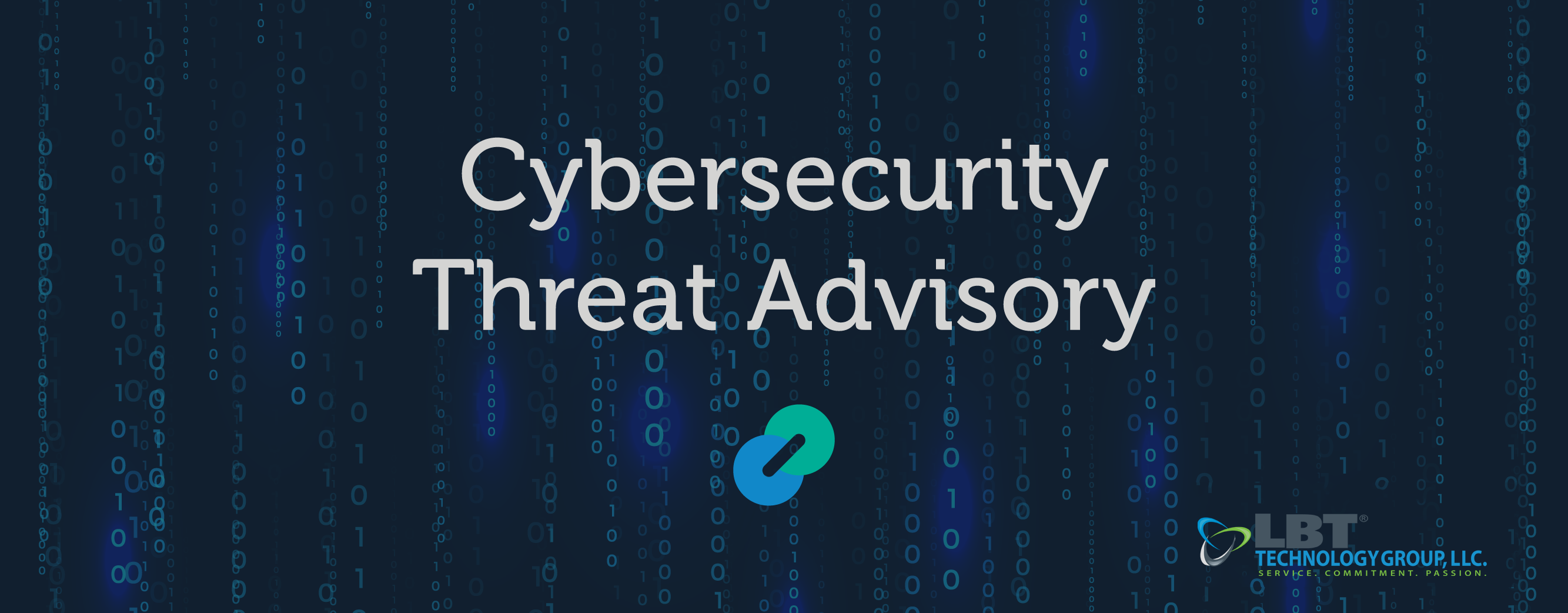TA558 phishing campaign
Threat update
The threat actor TA558 is conducting a phishing campaign targeting various sectors in Latin America, intending to deploy the remote access tool known as Venom RAT. LBT Technology Group encourages organizations to follow the recommendations detailed in this Cybersecurity Threat Advisory to mitigate the potential risk of this campaign.
Technical Detail and Additional Info
What is the threat?
The threat consists of a phishing campaign orchestrated by TA558 with the goal of deploying Venom RAT. Venom RAT is a remote access tool that allows threat actors to harvest sensitive data and control compromised systems remotely. The campaign uses phishing emails as an initial access vector to deliver the malware. The attacks primarily target hotel, travel, trading, financial, manufacturing, industrial, and government verticals in Spain, Mexico, the United States, Colombia, Portugal, Brazil, Dominican Republic, and Argentina.
To exploit the threat, recipients of the phishing emails are convinced to open malicious attachments or click on malicious links. This leads to execution of the payload that installs Venom RAT on the victim's system.
Why is it noteworthy?
TA558 is a known threat actor with a history of targeting entities in the Latin American region and have a high level of sophistication and persistence. The use of Venom RAT, a variant of Quasar RAT, highlights the evolving nature of malware and the need for up-to-date cybersecurity measures. The wide range of sectors targeted increases the potential impact of the campaign. Additionally, the use of phishing emails as an initial access vector underscores the importance of employee training for combating such threats. The potential for data theft and remote system control emphasizes the critical need for organizations to strengthen their cybersecurity defenses.
What is the exposure or risk?
This vulnerability exposes a wide range of systems and information to potential exploitation. If leveraged, the Venom RAT could allow threat actors to access and control compromised systems remotely, leading to the theft of sensitive data and the disruption of operations. The initial access gained through phishing emails could also pave the way for further compromise. This could allow attackers to deploy additional malware or escalate their access within the network.
What are the recommendations?
LBT Technology Group, LLC. recommends the following actions to mitigate the impact of this threat:
- Implement robust email security measures to detect and block phishing attempts, including the use of email filtering and anti-phishing tools.
- Conduct regular cybersecurity training for employees to increase awareness of phishing threats and best practices for identifying suspicious emails.
- Ensure that all systems and software are up to date with the latest security patches. This mitigates vulnerabilities that could be exploited by malware.
- Deploy antivirus software and intrusion detection systems, to detect and prevent malware infections.
References
For more in-depth information about the recommendations, please visit the following links:
If you have any questions, please contact a LBT Sales Engineer.


Comments